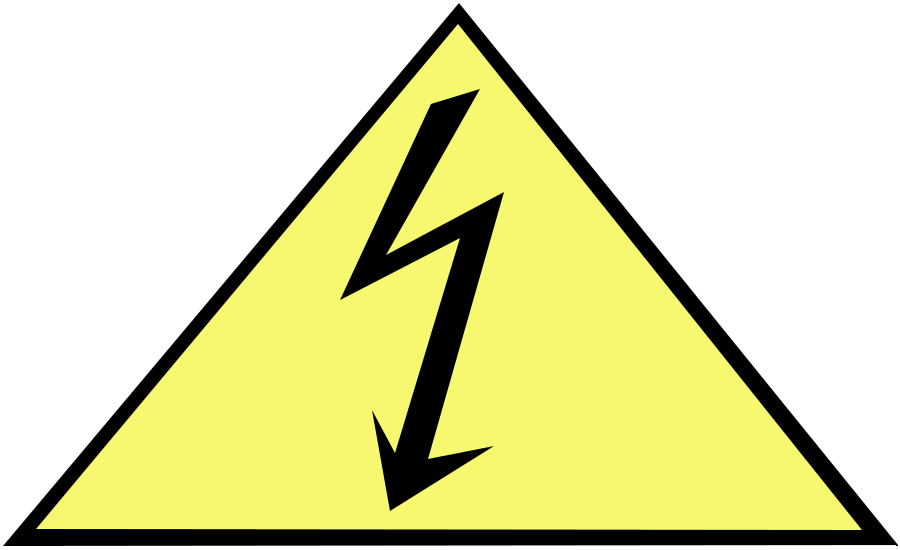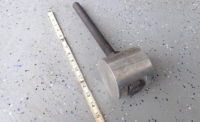Eager to get to that project you’ve been planning – the one that will require you to use power tools? In addition to the obvious hazards (saws cut off about 4,000 fingers in the U.S. each year, for instance), there are electrical hazards that you may not be thinking about – but you should be.
Here’s the way the Electrical Safety International Foundation (ESFI) breaks down the data:
- According to the U.S. Consumer Product Safety Commission (CPSC), there are nearly 400 electrocutions in the United States each year.
- Approximately 15% of electrocutions are related to consumer products.
- 8% of consumer product-related electrocutions each year are attributed to electrical accidents with power drills, saws, sanders, hedge trimmers, and other electric power tools.
- 9% of consumer product-related electrocutions each year are caused by accidents involving the use of lawn and garden equipment and ladders, which come into contact with overhead power lines.
That last statistic is key: the most common scenario for power tool-related electrocutions is when the equipment comes in contact with live electrical wires while it is being used.
That doesn’t mean you have to put that circular saw you got for Christmas back in the garage. It does mean that you should follow these guidelines from the ESFI:
Power Tool Safety Tips
- Use ground fault circuit interrupters (GFCIs) with every power tool to protect against electric shocks.
- Do not use power tools with an extension cord that exceeds 100 feet in length.
- Never use power tools near live electrical wires or water pipes.
- Use extreme caution when cutting or drilling into walls where electrical wires or water pipes could be accidentally touched or penetrated.
- If a power tool trips a safety device while in use, take the tool to a manufacturer-authorized repair center for service.
- When working with electricity, use tools with insulated grips.
- Appropriate personal protective gear should be worn when using power tools.
- Do not use power tools without the proper guards.
- When using a wet-dry vacuum cleaner or a pressure washer, be sure to follow the manufacturer’s instructions to avoid electric shock.
Personal Protective Equipment (PPE):
- Safeguards on outdoor electric tools are there for a reason. Make sure that they are always in place before operating.
- Invest in the safety goggles, hearing protection, dust masks, gloves and other safety gear as recommended for each tool. A few dollars now are well worth the lifetime of good sight and hearing that they are protecting.
- Wear the appropriate clothes for the job. Wearing sandals while mowing the lawn is just asking for trouble.


